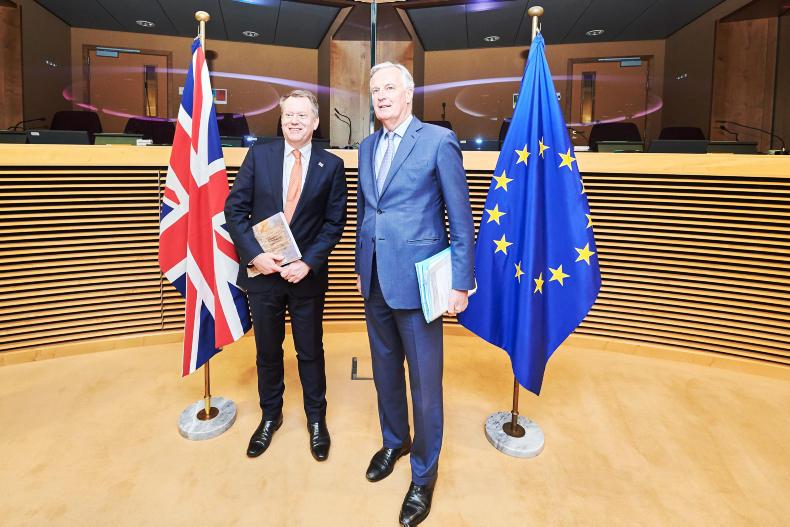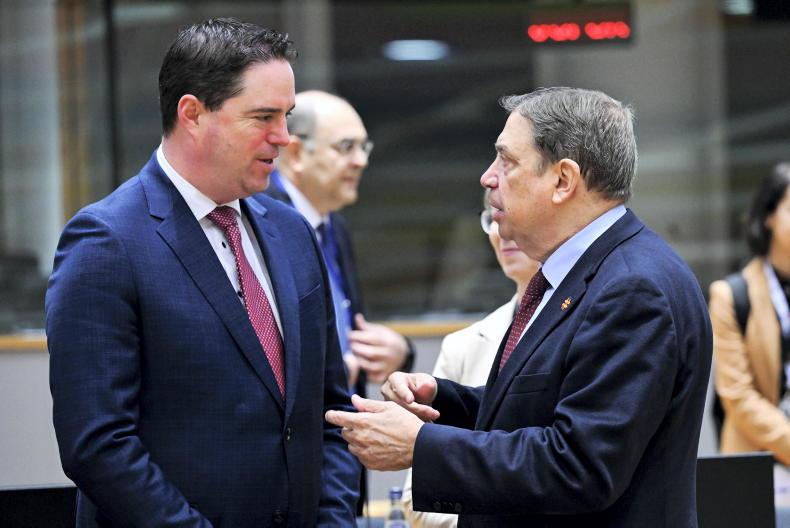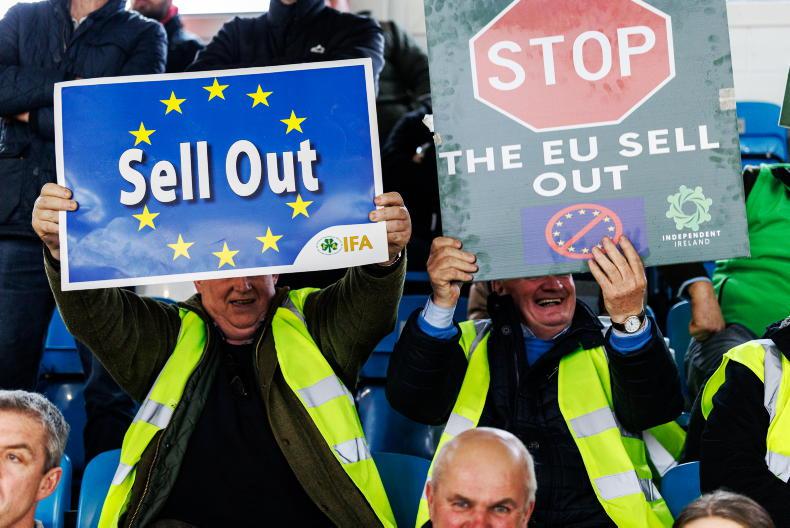EU heads of state held a council meeting by video call this week, an occasion on which well-established views were presented by members rather than any substantial progress.
The EU is split between what could be crudely described as the wealthier northern countries and poorer Mediterranean nations.
Recovery fund
All are agreed that a significant recovery fund will have to be put in place similar to what the US has done.
However, in the EU, the wealthier countries want this to take the form of loans whereas the countries that need help most are already severely indebted and want a grant or corona bond as it was referred to previously.
Grant or loan
Spain has tabled a proposal that secured the support of France and Italy for the establishment of a €1.5tn perpetual bond that would be allocated to countries by way of a grant to assist recovery. This has been used in the past by countries for exceptional expenditure. For example, the UK did so for World War I and the war bonds were only fully redeemed a few years ago.
Germany is cooler on the idea as it, like many other northern EU countries, doesn’t have confidence in southern EU states' ability to manage their financial affairs, hence the preference for loans.
Meanwhile, the EU budget remains in limbo since the failure at the February summit to finalise the deal.
Germany takes over the presidency of the council for its six months at the start of July and the expectation is that it will push the budget to a conclusion, perhaps wrapped into a wider coronavirus recovery package.
German presidency
This will be of concern to farmers as there is a fear of even further dilution of the CAP budget.
The proposals on the table in February would have brought the CAP funding below 30% of the budget compared with 38% the previous time.
Despite Commissioner Wojciechowski repeatedly talking about the need for a strong CAP budget, there is a fear in the Brussels agricultural lobby that he doesn’t have the clout in the Commission to get it.
No progress in Brexit talks
Farmers will also be concerned to hear about the downbeat assessment given by EU chief Brexit negotiator Michel Barnier at the end of this week’s round of discussions with the UK on a future trading relationship.
In a very blunt assessment in a video press conference, the chief negotiator accused the UK of not engaging in a substantial way on any of the key issues that needed to be resolved.
If there is no agreement and the UK leaves the transition arrangement, as it is committed to doing in legislation by the end of the year, then it would be a further disaster for Irish agriculture on top of the inevitable recession caused by coronavirus.
The chief negotiator accused the UK of not engaging in a substantial way on any of the key issues that needed to be resolved
Most exposed of all is the beef sector, already reeling from the loss of the restaurant and hospitality trade across Europe.
If the EU and UK fail to reach an agreement, trade between Ireland and the UK would take place on WTO terms, which adds €3.04/kg plus 12.8% of the value to a kilo of boneless beef.
Different tariff
Alternatively, the UK could set a different lower tariff or no tariff at all. This was what was proposed at the start of last year ahead of the original planned Brexit date at the end of March when the then Government proposed the creation of a 230,000t zero-tariff beef quota.
This would open the UK market to every significant beef-exporting country in the world and dramatically reduce the value of both UK and Irish beef in the process.
Read more
Taoiseach calls for EU support for farmers through CAP
EU summit: crafting a forward-looking compromise
EU heads of state held a council meeting by video call this week, an occasion on which well-established views were presented by members rather than any substantial progress.
The EU is split between what could be crudely described as the wealthier northern countries and poorer Mediterranean nations.
Recovery fund
All are agreed that a significant recovery fund will have to be put in place similar to what the US has done.
However, in the EU, the wealthier countries want this to take the form of loans whereas the countries that need help most are already severely indebted and want a grant or corona bond as it was referred to previously.
Grant or loan
Spain has tabled a proposal that secured the support of France and Italy for the establishment of a €1.5tn perpetual bond that would be allocated to countries by way of a grant to assist recovery. This has been used in the past by countries for exceptional expenditure. For example, the UK did so for World War I and the war bonds were only fully redeemed a few years ago.
Germany is cooler on the idea as it, like many other northern EU countries, doesn’t have confidence in southern EU states' ability to manage their financial affairs, hence the preference for loans.
Meanwhile, the EU budget remains in limbo since the failure at the February summit to finalise the deal.
Germany takes over the presidency of the council for its six months at the start of July and the expectation is that it will push the budget to a conclusion, perhaps wrapped into a wider coronavirus recovery package.
German presidency
This will be of concern to farmers as there is a fear of even further dilution of the CAP budget.
The proposals on the table in February would have brought the CAP funding below 30% of the budget compared with 38% the previous time.
Despite Commissioner Wojciechowski repeatedly talking about the need for a strong CAP budget, there is a fear in the Brussels agricultural lobby that he doesn’t have the clout in the Commission to get it.
No progress in Brexit talks
Farmers will also be concerned to hear about the downbeat assessment given by EU chief Brexit negotiator Michel Barnier at the end of this week’s round of discussions with the UK on a future trading relationship.
In a very blunt assessment in a video press conference, the chief negotiator accused the UK of not engaging in a substantial way on any of the key issues that needed to be resolved.
If there is no agreement and the UK leaves the transition arrangement, as it is committed to doing in legislation by the end of the year, then it would be a further disaster for Irish agriculture on top of the inevitable recession caused by coronavirus.
The chief negotiator accused the UK of not engaging in a substantial way on any of the key issues that needed to be resolved
Most exposed of all is the beef sector, already reeling from the loss of the restaurant and hospitality trade across Europe.
If the EU and UK fail to reach an agreement, trade between Ireland and the UK would take place on WTO terms, which adds €3.04/kg plus 12.8% of the value to a kilo of boneless beef.
Different tariff
Alternatively, the UK could set a different lower tariff or no tariff at all. This was what was proposed at the start of last year ahead of the original planned Brexit date at the end of March when the then Government proposed the creation of a 230,000t zero-tariff beef quota.
This would open the UK market to every significant beef-exporting country in the world and dramatically reduce the value of both UK and Irish beef in the process.
Read more
Taoiseach calls for EU support for farmers through CAP
EU summit: crafting a forward-looking compromise









SHARING OPTIONS